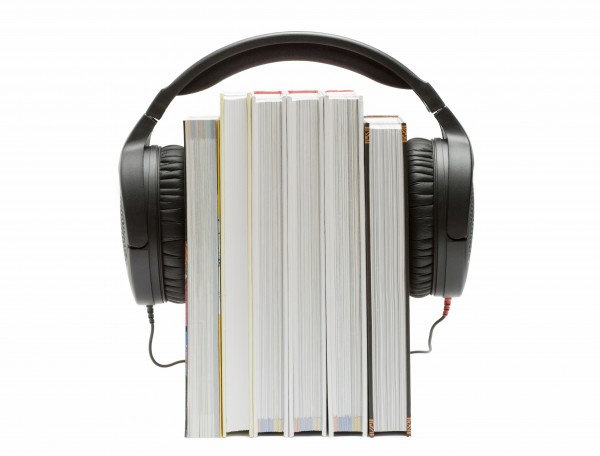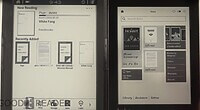
Good e-Reader published an interview with ACX, Amazon’s self-publishing platform for audiobooks, over a year ago, and the site has seen tremendous growth in the number of titles produced. Authors have the ability to self-publish audio editions of their content under a couple of different payment models, including one that requires very little upfront investment on the part of the author. From the ACX platform, the final product is distributed through Amazon right alongside the author’s Kindle and paperback editions, and royalties go directly to the author and/or the voice talent, depending on the model selected.
However, producing an audiobook, even with the tools that ACX provides, isn’t a simple process. The author essentially morphs into a producer, for all practical purposes, and even authors who have the drive to produce their audio editions can find the task is a little beyond their capabilities.
A separate option, audiobook production company Common Mode, is now broadening its model from its early days of producing ebooks for the traditional publishing industry into serving the needs of indie authors and small presses. Common Mode’s Paul Fowlie spoke with Good e-Reader about how the audio industry is adapting almost as quickly as the publishing industry as a whole, and has grown to include indie authors.
“We’ve been in it from the beginning working with all the big publishers, and we’re looking to expand to working with independent authors to be part of the revolution of authors who’ve been taking things into their own hands. If authors can self-publish their audio, they can potentially make enough money to live on in order to support their writing careers.”
Fowlie was speaking to the fact that audiobooks continue to have a much higher price point than both ebooks and print books, and that audiobooks tend to sell well given the low volume of content available to audiobook fans. Coupled with the format adaptations that let audiobook readers enjoy their titles from mobile devices, authors who produce their own content can actually stand to benefit quit well.
“Audiobooks have been at a higher price point typically, but I don’t know if that’s going to continue as the business expands further and further, but right now I feel that’s where the most revenue is made in terms of book sales versus an ebook. And we’re looking to work with authors.”
One aspect to Amazon’s ACX that has made it so popular is the royalty share option in which the author doesn’t pay the narrator or the production costs upfront, but rather agrees to earn a significantly smaller royalty. That’s an enticing option for authors who don’t have the ability to invest the kind of expense that an audiobook requires. While Common Mode has yet to explore that structure with its clients, the company has supported two crowdfunding campaigns, one on Kickstarter and one on Pubslush, in order to help authors fund the cost of production.
“Our first preference is to be hired by the author to produce the audiobook, but we understand that most authors aren’t able to take that risk.”
Whichever route authors choose to take to create the audio format for their titles, one thing is for certain: there is a real need for content in audio format, as opposed to the so-called “glut” of content coming from self-published authors in the ebook space.
Mercy Pilkington is a Senior Editor for Good e-Reader. She is also the CEO and founder of a hybrid publishing and consulting company.
